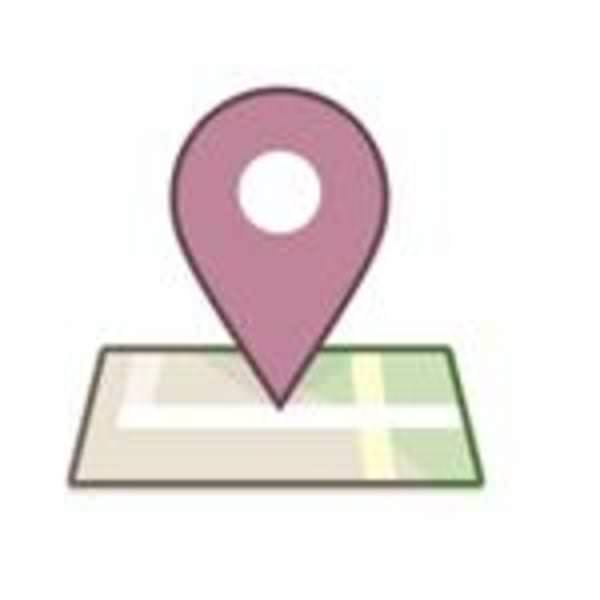Facebook’s goal for its new Places feature may be even more ambitious than we realized. Facebook wants to be the central platform for location data across all Web services, a company spokesman said today at a New York Times developer conference.

The statement reinforces the image of a world where the majority of the population is catalogued in Facebook’s growing database. The long-term vision for Facebook Places is starting to take shape: Facebook wants to dominate the location-based Web.
Facebook demonstrated that it wants your profile to be your identity on the Internet with Facebook Connect (see Facebook Wants to Be Your One True Login). Basically, it now wants you to add location to that identity.
Covering the basics
Places is restricted to basic location-confirmed check-ins – who is where, when – shunning mayorships and badges and leaving any sort of advertising up to third-party developers. This minimalist functionality leaves out some of the fun out of checking in, but it makes sense if Facebook’s plan is simply to place its 500 million users on a dynamic map.
And Facebook hopes that soon, any app developer who comes up with a new location-based service will turn first to Facebook’s massive trove of data.
Early projections
The full manifestation of Facebook Places is still five to ten years out. The feature is available to all users in the U.S., but not everyone is using it.
For one thing, Places requires users to check in from a GPS-enabled device, but less than a third of Americans have smartphones, according to Nielson. That’s changing rapidly – Nielson estimates that half of Americans will own a smartphone by the end of 2011.
Trusting Facebook with location data
And all this is contingent on people sharing their location information with Facebook, of course. That’s no guarantee given the company’s history of privacy slip-ups (see The Facebook Privacy Debate: What You Need to Know). But whether people use the service will depend on how much utility they get from it, as it did when Facebook introduced the News Feed feature. Users initially rejected the change, it now drives much of the activity on the site because it’s useful and fun.
Users, developers and advertisers should all be excited for the possibilites for location-based services, from social shopping and rewards programs to real-time travel guides. The question is whether Facebook can persuade its users to trust it with their location data. Users might prefer to give their location data directly to individual applications, or another company might rise up to collect this data.
What do you think? Are you ready to trust Facebook to handle your real-time location for the apps of the future?















